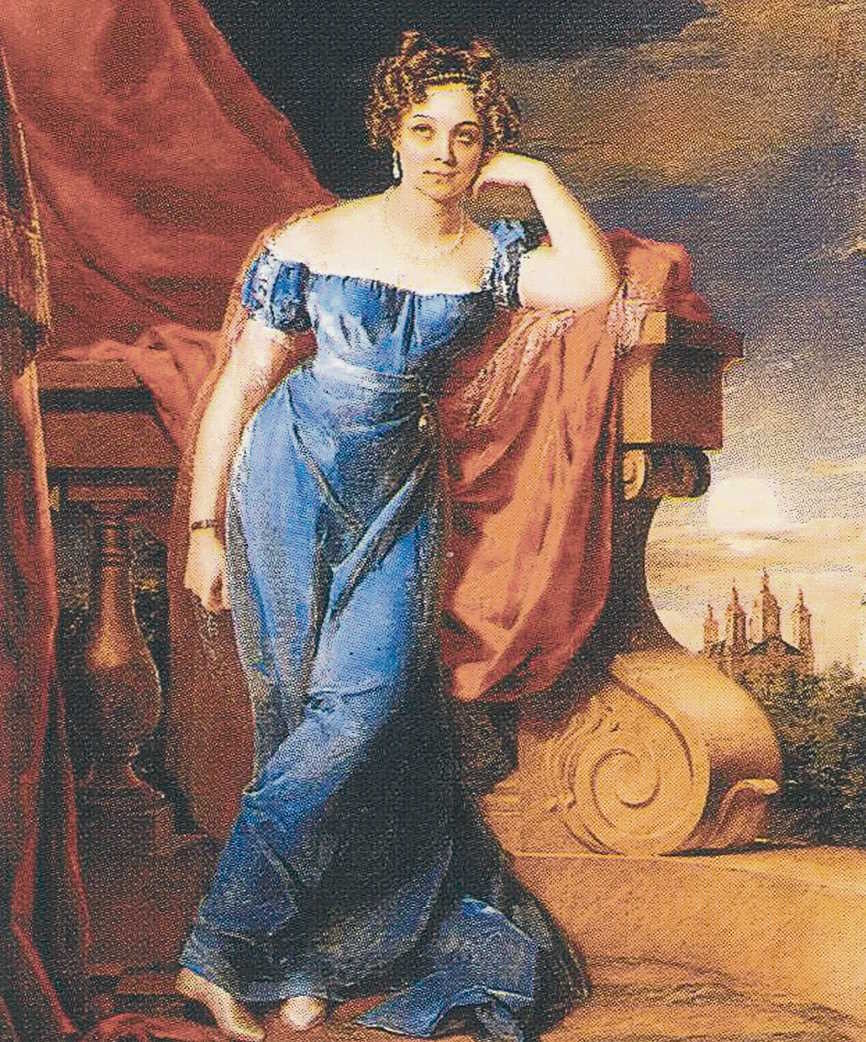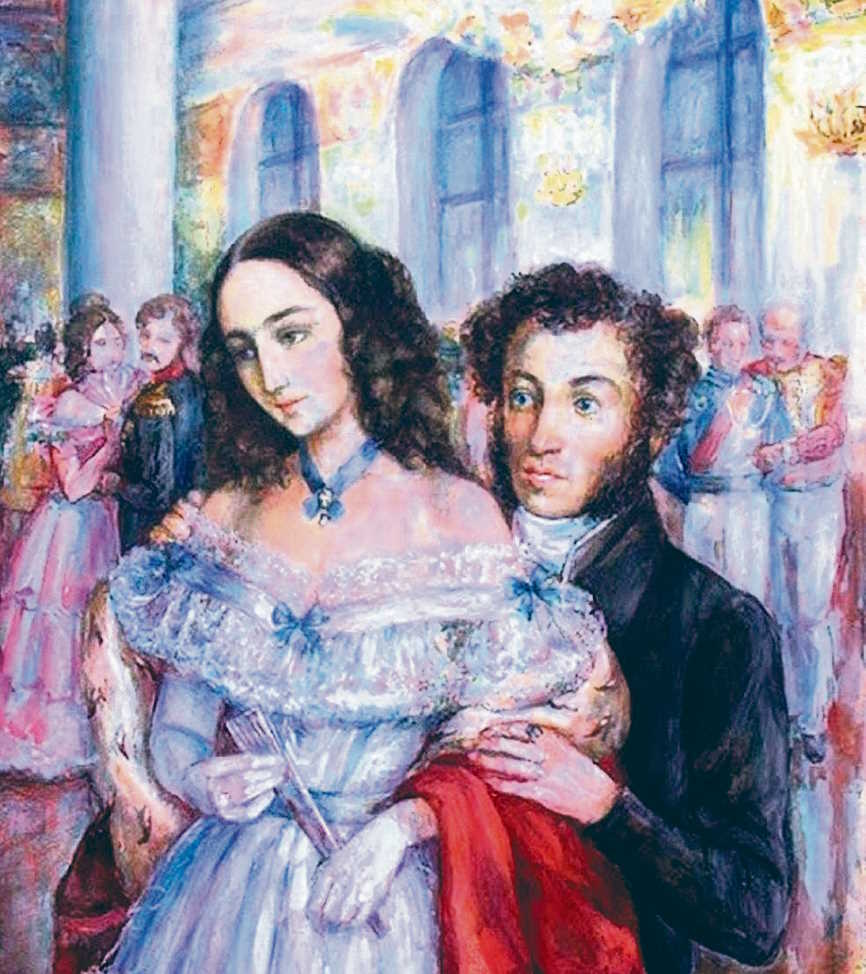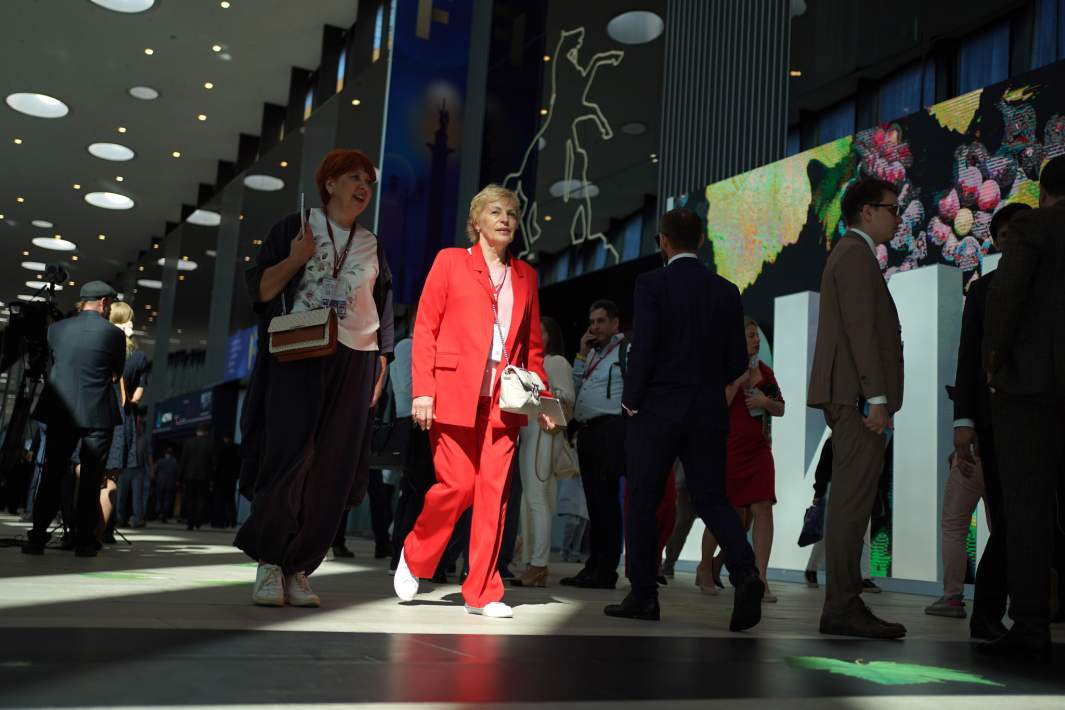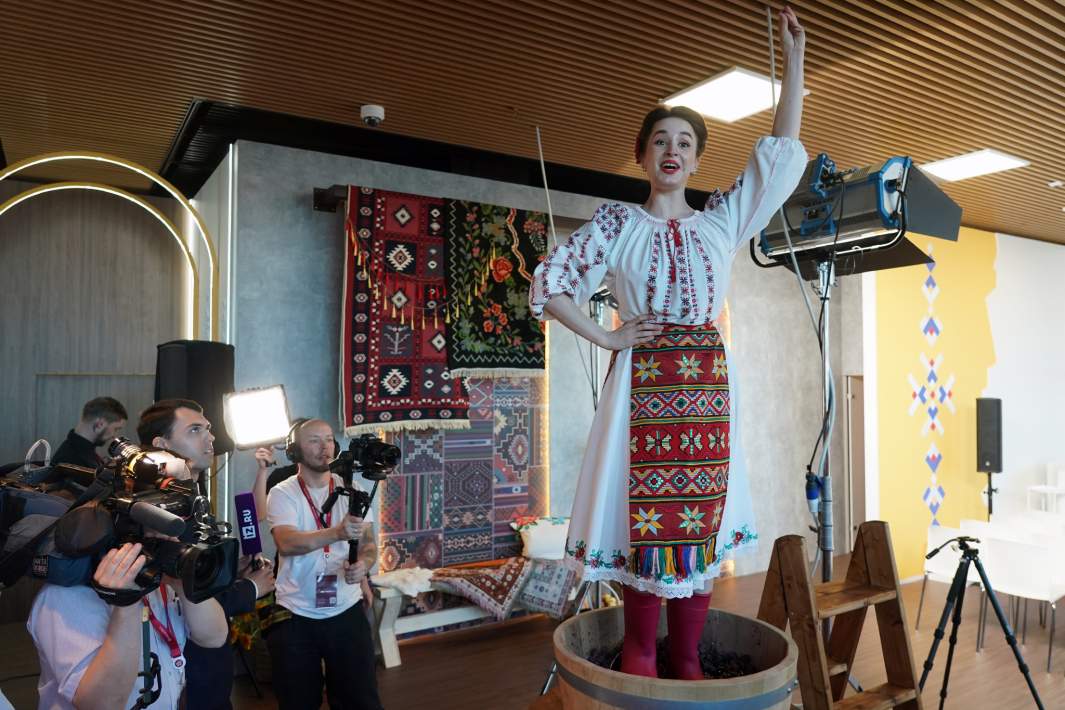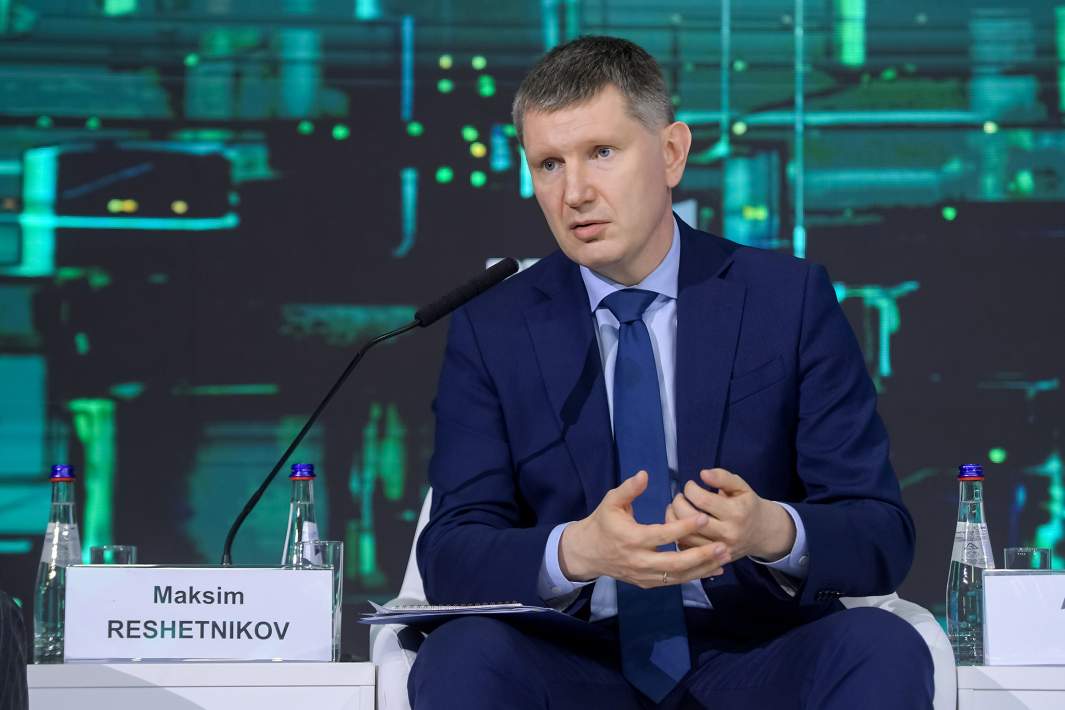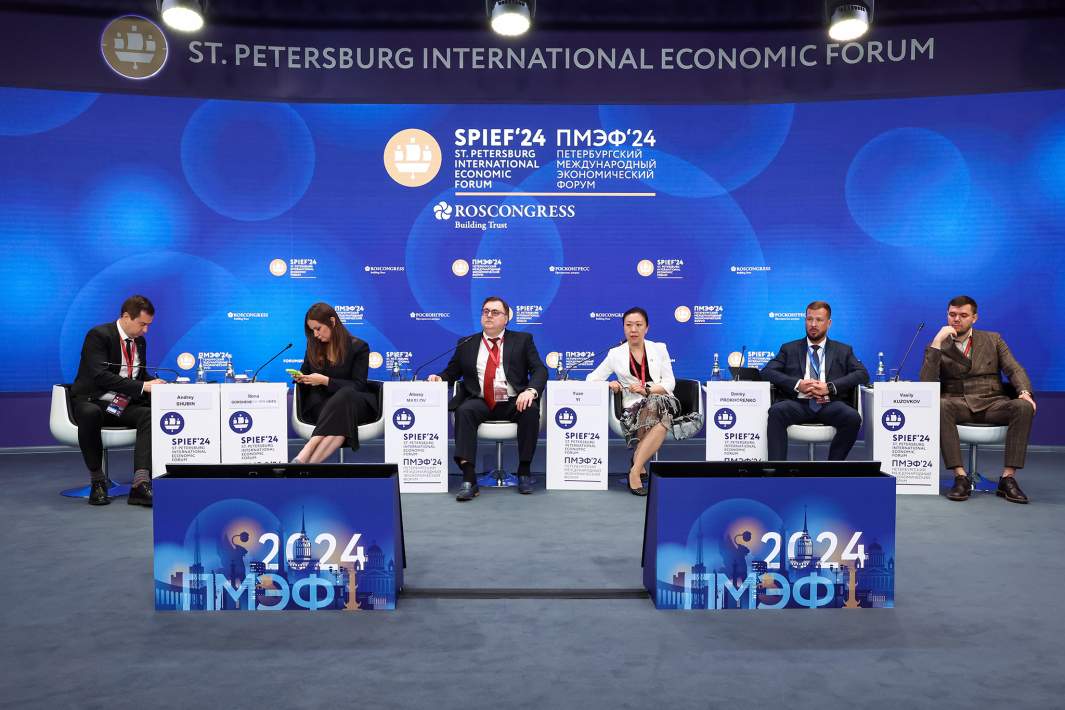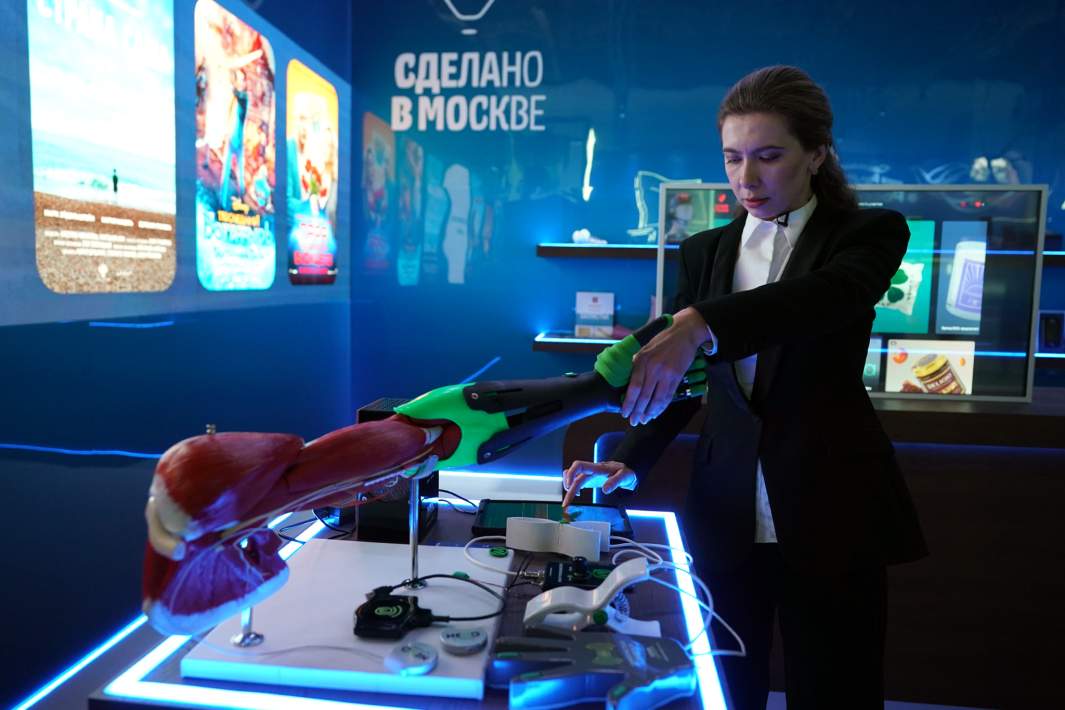melodías de amor
Al 225 aniversario del nacimiento de A.S. Pushkin
06 junio 2024
Borís Shcherbakov. A.S. Pushkin sobre el lago al atardecer, 1978
melodías de amor
00:00 de 18:04
1x
Una vez, Pushkin escribió en el álbum de la pianista polaca Maria Szymanowska unas líneas que no parecían en absoluto un álbum: “De los placeres de la vida, la música es inferior al amor, pero el amor también es una melodía”. En la poesía de Pushkin, esta melodía suena en todos los registros, con todos los matices y matices. El poeta nos dejó su enorme y única experiencia espiritual, plasmada en una perfecta forma artística.
Las letras de amor son la parte más personal, íntima y, quizás, la más querida de su obra por los lectores. Parece que conocemos mejor estos poemas de Pushkin: a partir de sus textos se escribieron romances famosos, se leen desde el escenario y se citan ampliamente. Quién no recuerda: “Te amo, aunque esté furiosa”, “Te amé… cómo Dios quiera que seas amada para ser diferente”, “Es hora, belleza, despierta”. Mientras tanto, los poemas famosos a veces revelan significados completamente inesperados.
Preguntémonos: ¿quién es ese “yo” en cuyo nombre se escribieron los poemas de Pushkin? ¿Y quién es esa “ella” a la que se dirigen? A primera vista todo está claro. "Él" es Alexander Sergeevich Pushkin, "ella" es una de sus amantes. En la literatura científica y especialmente de divulgación científica encontraremos mucha información sobre las mujeres favoritas del poeta y sobre las tramas asociadas a tal o cual poema. Tras un examen más detenido, a menudo resulta que esta información es muy inexacta.
En los primeros poemas del liceo de Pushkin, “él” es un joven melancólico que sufre la separación de su amada, que a menudo piensa en la muerte y está lleno de tristes presentimientos. Por ejemplo: “¿Nunca nos miraremos? / ¿Están mis días cubiertos de eterna oscuridad?..”; “¡Y tú estás conmigo, oh lira, abatida, / confidente de mi alma enferma!” etc. Por lo que sabemos por las memorias de sus contemporáneos, Pushkin, el estudiante del liceo, era un joven alegre con un carácter irascible y desequilibrado, un corazón cálido y una lengua afilada. En poesía, crea una imagen característica del héroe lírico de la elegía "triste", bajo cuya influencia estaba entonces bajo la influencia. Las heroínas de sus letras, todas estas "Elviras" y "Leilas", suelen ser imágenes ficticias. Sí, hubo un tiempo en que estuvo enamorado romántica y platónicamente de Katenka Bakunina, la hermana de su compañero de clase. Sin embargo, es imposible dirigirle a ella todos los poemas líricos de este período. Además, entre el joven poeta y Katenka no había ni podía haber ninguna relación real, como se insinúa en algunas líneas. Durante estos años, Pushkin todavía tenía muy poca experiencia en el trato con el buen sexo, pero conocía perfectamente la experiencia de los demás: la poesía ligera y erótica francesa. En su imaginación vive diversas historias de amor con las que sólo podía soñar, dándoles autenticidad con el poder de su don poético. Un día, debido a esto, se encontró en una situación extremadamente incómoda.
En el poema "A una joven viuda", el héroe lírico intenta calmar a su amante, que teme el fantasma de su marido recientemente fallecido. Inmediatamente surgió la sospecha de que los poemas estaban dirigidos a Maria Nikolaevna Smith, quien desde finales de 1816 vivió en la familia del director del Liceo E.A. Engelhardt. Era una mujer bonita, amable e ingeniosa que animaba la compañía que se reunía en casa de Engelhardt. Había enviudado recientemente y se estaba preparando para ser madre. Se creía que fue este poema el que se convirtió en el motivo de la relación hostil de Pushkin con Engelhardt.
Sin embargo, no hay razón para creer que Pushkin le haya regalado este poema a María Smith; tal acto fue más allá de todos los límites de la decencia. ¿Por qué un joven se expondría como un ignorante grosero e insultaría a una mujer dulce e inteligente? Quizás el poema cayó accidentalmente en sus manos, lo tomó como algo personal y por eso se sintió ofendida. También es posible que Pushkin no haya previsto tal reacción por parte de María: por supuesto, no existía ninguna relación íntima entre ellos.
El inmodesto mensaje tenía fuentes literarias bien conocidas: el motivo del regreso de un marido (amante) muerto fue utilizado por Voltaire, J.-J. Russo, Guys y Batyushkov. ¡Además, estaba la famosa leyenda de Don Juan! Como vemos, una simple interpretación biográfica del contenido de un poema lírico puede causar grandes problemas al poeta...
No hay datos que indiquen que en la vida de Pushkin hubo al menos una aventura con una mujer que acababa de enviudar. Pero por alguna razón, el motivo del regreso de su difunto marido adquirió tal importancia para él que después de doce años, llenos de enorme experiencia emocional e intelectual, volverá a él en la tragedia "El invitado de piedra".
En las letras maduras de Pushkin, la correlación de las tramas líricas con acontecimientos reales de su vida se vuelve mucho más difícil. Por ejemplo, en el poema “¿Me perdonarás los sueños de celos?” no sólo no está clara la imagen de la heroína, sino también la naturaleza de su relación con su amante.
La elegía se asociaba a menudo con los nombres de Amalia Riznich o Karolina Sobanska. Mientras tanto, una serie de detalles en el texto del poema indican claramente que, a diferencia de ellos, su heroína es una niña soltera bajo el cuidado de su madre. ("
Мелодии любви
К 225-летию со дня рождения А.С. Пушкина
Борис Щербаков. А.С.Пушкин над озером в вечерний час, 1978 г.
Однажды Пушкин записал в альбом польской пианистки Марии Шимановской совсем не альбомные строки: «Из наслаждений жизни одной любви музыка уступает, но и любовь – мелодия». В поэзии Пушкина эта мелодия звучит во всех регистрах, со всеми оттенками и обертонами. Поэт оставил нам свой огромный и уникальный душевный опыт, воплощённый в совершенной художественной форме.
Любовная лирика – самая личная, интимная и, может быть, самая любимая читателями часть его творчества. Кажется, что эти стихи Пушкина мы знаем лучше всего: на их тексты написаны знаменитые романсы, их читают со сцены, они разошлись на цитаты. Кто не помнит: «Я вас люблю, хоть я бешусь», «Я вас любил… как дай вам Бог любимой быть другим», «Пора, красавица, проснись». Между тем в известных стихах открываются порой совершенно неожиданные смыслы.
Зададимся вопросом: кто этот «я», от имени которого написаны пушкинские стихотворения? И кто эта «она», к которой они обращены? На первый взгляд всё ясно. «Он» – это Александр Сергеевич Пушкин, «она» – одна из его возлюбленных. В научной и в особенности научно-популярной литературе мы найдём массу сведений о любимых женщинах поэта и о сюжетах, связанных с тем или иным стихотворением. При ближайшем рассмотрении часто оказывается, что сведения эти очень неточны.
В ранних лицейских стихах Пушкина «он» – меланхолический молодой человек, страдающий в разлуке с милой, часто задумывающийся о смерти и полный печальных предчувствий. Например: «Ужели никогда на друга друг не взглянет? / Иль вечной темнотой покрыты дни мои?..»; «И ты со мной, о лира, приуныла, / Наперсница души моей больной!» и тому подобное. Насколько нам известно по воспоминаниям современников, Пушкин-лицеист был жизнерадостным юношей со вспыльчивым и неуравновешенным характером, горячим сердцем и острым языком. В стихах же он создаёт характерный образ лирического героя «унылой» элегии, под влиянием которой он тогда находился. Героини его лирики – все эти «Эльвиры» и «Леилы» – чаще всего образы вымышленные. Да, одно время он был романтически и платонически влюблён в Катеньку Бакунину, сестру своего однокашника. Однако адресовать ей каждое лирическое стихотворение этого периода невозможно. Тем более что между юным поэтом и Катенькой не было и не могло быть никаких реальных отношений, на которые намекают отдельные строки. В эти годы у Пушкина вообще ещё очень мало опыта в обращении с прекрасным полом, но чужой опыт – французскую лёгкую и эротическую поэзию он знал прекрасно. В своём воображении он проживает разные любовные истории, о которых мог ещё только мечтать, силой своего поэтического дара придавая им достоверность. Однажды из-за этого он попал в крайне неловкую ситуацию.
В стихотворении «К молодой вдове» лирический герой старается успокоить любовницу, которую страшит призрак недавно умершего мужа. Сразу зародилось подозрение, что стихи обращены к Марии Николаевне Смит, с конца 1816 г. жившей в семье директора Лицея Е.А. Энгельгардта. Это была миловидная, любезная и остроумная женщина, оживлявшая собиравшееся у Энгельгардта общество. Она недавно овдовела и готовилась стать матерью. Считалось, что именно это стихотворение стало причиной неприязненных отношений Пушкина с Энгельгардтом.
Однако нет оснований считать, что Пушкин поднёс Марии Смит это стихотворение, такой поступок выходил за все рамки приличий. С какой стати юноша стал бы выставлять себя грубым невежей и оскорблять милую умную женщину? Возможно, стихотворение случайно попало к ней в руки, она приняла его на свой счёт и потому обиделась. Возможно также, что Пушкин не предвидел такой реакции Марии: никаких интимных отношений между ними, разумеется, не было.
Нескромное же послание имело известные литературные источники: мотив возвращения мёртвого мужа (возлюбленного) использовали Вольтер, Ж.-Ж. Руссо, Парни и Батюшков. Кроме того, существовала знаменитая легенда о Дон Жуане! Как видим, прямолинейное биографическое истолкование содержания лирического стихотворения может доставить поэту большие неприятности…
Не существует никаких фактов, свидетельствующих о том, что в жизни Пушкина был хотя бы один роман с недавно овдовевшей женщиной. Но почему-то мотив возвращения мёртвого мужа приобрёл для него такое значение, что через двенадцать лет, наполненных огромным эмоциональным и интеллектуальным опытом, он вернётся к нему в трагедии «Каменный гость».
В зрелой лирике Пушкина соотнесение лирических сюжетов с реальными событиями его жизни становится гораздо сложнее. Например, в стихотворении «Простишь ли мне ревнивые мечты…» не ясен не только образ героини, но и характер её отношений с возлюбленным.
Элегию часто связывали с именами Амалии Ризнич или Каролины Собаньской. Между тем ряд деталей в тексте стихотворения ясно указывает на то, что, в отличие от них, его героиня – незамужняя девушка, находящаяся на попечении матери. («Без матери, одна, полуодета, / Зачем его должна ты принимать?»)
Споры об адресате в данном случае основываются главным образом на разном понимании поэтического текста. Одни представляют себе лирическую героиню искусной и равнодушной кокеткой, которая сознательно разжигает в герое ревность: «Зачем же любишь ты всегда пугать моё воображенье?» (Отсюда и стремление адресовать элегию Ризнич или Собаньской – женщинам именно такого типа.) Другие видят её любящей чистой девушкой, чья спокойная уверенность в прочности их взаимной любви вызывает ложные подозрения у страстного и неуравновешенного возлюбленного.
Непосредственным источником пушкинского стихотворения является элегия Мильвуа «Беспокойство». Герой её терзается муками ревности, хотя разумом понимает, что реальных причин для неё нет и все его подозрения безосновательны. Пушкинский герой охвачен страстью, он едва владеет собой; безумие любви рождает фантомы, «ревнивые мечты» перемешиваются с реальными событиями. Выразительность и психологическая убедительность, с которыми Пушкин передал всё это смятение чувств, обусловили противоречивость трактовок стихотворения. Сопереживая герою, читатели склоняются то к одной, то к другой версии поведения героини.
Если женский образ реального прототипа, скорее всего, не имеет, то образ страстного и раздираемого сомнениями героя кажется достаточно близким к самому Пушкину.
Приближаясь к своему тридцатилетию, Пушкин всё чаще думал о том, чтобы изменить свою жизнь, завести семью. Его надежды и опасения отразились и в его стихах.
Когда в объятия мои
Твой стройный стан
я заключаю
И речи нежные любви
Тебе с восторгом расточаю,
Безмолвна, от стеснённых рук
Освобождая стан свой гибкий,
Ты отвечаешь, милый друг,
Мне недоверчивой улыбкой;
Прилежно в памяти храня
Измен коварные преданья,
Ты без участья и вниманья
Уныло слушаешь меня…
Кляну коварные старанья
Преступной юности моей
И встреч условных ожиданья
В садах, в безмолвии ночей.
Кляну речей любовный шёпот,
Стиха таинственный напев,
И ласки легковерных дев,
И слёзы их, и поздний ропот.
В стихотворении создана полная иллюзия описания конкретной биографической ситуации, но неизвестно, кто является адресатом, скрытым под знаком «К**». Почти все биографы и комментаторы Пушкина считали несомненным и не нуждающимся в доказательствах фактом, что адресатом стихотворения является невеста поэта – Наталья Николаевна Гончарова. Так считалось, пока не удалось установить, что стихотворение написано в 1828 году. Пушкин лишь впервые увидел Гончарову, ни о каких интимных объяснениях в это время речь идти не могла. Отсутствие в тексте конкретных подробностей биографического характера позволяет адресовать стихотворение едва ли не любой красавице, за которой ухаживал Пушкин в 1827–1828 гг. Однако биографам поэта не известна девушка, с которой его связывали в этот период столь близкие и пылкие отношения. Скорее всего, в стихотворении вообще не имеется в виду конкретное лицо, хотя текст может быть прочитан в биографическом ключе – как проецированное в поэзию реальное интимное пере¬живание.
Думая о невесте, Пушкин мечтал о юной, чистой, наивной девушке, но имел все основания предположить, что именно такая девушка, зная о его славе ветреного и непостоянного покорителя сердец, отнесётся с недоверием к его словам и обещаниям. В стихотворении описана ситуация воображаемая, но вполне вероятная, если не неизбежная. Лирический сюжет в данном случае имеет косвенное, но несомненное отношение к сюжету биографическому; источником его стало не какое-то определённое событие жизни Пушкина, а внутренняя драма поэта, скрытая от окружающих.
В других случаях адресат точно известен, но тем не менее текст таит в себе немало загадок. Три стихотворения: «Портрет», «Наперсник» и «Счастлив, кто избран своенравно…» посвящены Аграфене Фёдоровне Закревской.
Закревская была одной из самых эксцентричных женщин своего времени. Страстная, чувственная, ослепительно красивая, она отличалась откровенной любвеобильностью и полным пренебрежением не только к светским условностям, но и к общепринятой морали вообще. Баратынский, который вывел Закревскую под именем княгини Нины в своей поэме «Бал», писал о её «бесстыдных победах», о том, что она насмехается над «добродетелею женской» как над «ужимкой деревенской». Пушкин познакомился с Закревской в мае 1828 г. и, по мнению многих, был ею заметно увлечён. Неудивительно, что поэт, который, по словам Марии Волконской, был в некотором роде влюблён в каждую хорошенькую женщину, оказавшуюся рядом, не остался равнодушен к чарам красавицы. Характер отношений Пушкина с Закревской не вполне ясен, но, несомненно, она занимала его и как привлекательная женщина, и как своеобразный человеческий тип.
Нетривиальный лирический сюжет стихотворений «Наперсник» и «Счастлив, кто избран своенравно…» (герой выступает в роли поверенного, выслушивающего предельно откровенные рассказы героини о её любовных приключениях) имеет биографическую основу. В самом разгаре своего знакомства с Закревской, 1 сентября 1828 г., Пушкин упоминает о ней в письме к Вяземскому: «Если б не твоя медная Венера, то я бы с тоски умер. Но она утешительно смешна и мила. Я ей пишу стихи. А она произвела меня в свои сводники…» Аналогичную ситуацию Пушкин воспроизводит в своей повести «Гости съезжались на дачу…», работу над которой он начал в то же время – в сентябре 1828 г. В уста героя повести вложен парафраз из письма Пушкина к Вяземскому: «…я просто её наперсник или что вам угодно, – говорит Минский о Зинаиде Вольской. – Но я люблю её от души, – она уморительно смешна».
Сравнение письма и повести со стихотворениями, посвящёнными Закревской, создаёт определённую психологическую и филологическую проблему. Из письма следует, что Пушкин относился к Закревской совершенно спокойно: с симпатией, но и с явной иронией. Точно так же в повести относится к Вольской и её наперсник – Минский. В стихах же наперсник пребывает в полном смятении чувств. Героиня отнюдь не забавляет его; она притягивает и страшит его одновременно. Он хочет и не хочет узнать, что она испытала, ибо в его представлении она безоглядно предалась манящей, но губительной стихии страсти.
Очевидное противоречие может быть истолковано по-разному. Если понимать стихотворения как подлинный документ душевных переживаний поэта, то именно «Наперсник» и «Счастлив, кто избран своенравно….» свидетельствуют о реальной биографической ситуации. В таком случае пушкинскую иронию по адресу Закревской можно объяснить попыткой выставить своего рода психологический барьер как от посторонних наблюдателей, так и от самого себя. Поэт пытается освободиться, излечиться от мучительной страсти, выговаривая всё до конца в стихах и – одновременно – в письмах рассматривая ситуацию со стороны, трезво и иронично.
Однако искренность поэтического высказывания, которую Пушкин называл «искренностью вдохновения», не есть искренность исповеди.
Безусловно, именно благодаря Закревской многие и прежде волновавшие Пушкина вопросы, его постоянные «навязчивые» мысли получили то лирическое напряжение, без которого невозможно рождение стихотворения; неясные, неуловимые представления оформились в живом, конкретном образе. Но всё это не обязательно означает, что поэтический образ был для Пушкина непосредственно воплощён в реальной женщине. Насколько мы себе представляем Закревскую, весь сложный комплекс этических и эстетических представлений Пушкина, связанный со стихотворениями «Наперсник» и «Счастлив, кто избран своенравно…», лично ей был совершенно неведом. Перед Пушкиным была женщина, которая давно перешла все отмеченные им роковые рубежи и не обратила на это никакого внимания. Закревскую изображают обычно жестокой и бессердечной красавицей, получавшей особое удовольствие от мучений влюблённых в неё мужчин. Однако вряд ли такая женщина могла показаться Пушкину милой и смешной. Возможно, у неё не было никаких садистских наклонностей, а говорила она просто о том, что единственно её интересовало. Она даже не испытывала ни малейшей неловкости, охотно рассказывая знакомому мужчине об интимных подробностях своих любовных утех. Можно вообразить, что эта бесстыдная непосредственность чрезвычайно забавляла Пушкина, и постепенно между ним и Закревской установились, возможно, не вполне целомудренные, но, по сути, приятельские отношения. Героиня же его стихотворений не столько реальная Аграфена Фёдоровна, сколько художественный образ роковой женщины.
Стихотворение «Наперсник» написано, собственно, не о любви, а об искушении. Искушении сладострастием.
Твоих признаний,
жалоб нежных
Ловлю я жадно каждый крик:
Страстей безумных
и мятежных
Как упоителен язык!
Но прекрати свои рассказы,
Таи, таи свои мечты:
Боюсь их пламенной заразы,
Боюсь узнать, что знала ты!
Пушкину было хорошо известно, что язык «страстей безумных и мятежных» не только упоителен, но и опасен, – как пение сирен, заманивающее к гибели.
Именно в то время, когда Пушкин встречается с Закревской, он в очередной раз обращается к сюжету, занимающему его на протяжении многих лет: истории о Клеопатре и её любовниках, плативших за ночь любви с царицей своею жизнью. Знаменательно, что в наброске 1828 г. образ Клеопатры у Пушкина впервые обретает черты живой и страстной женщины. Ещё не написан «Каменный гость», но, возможно, идеи этой трагедии уже присутствуют в сознании поэта. Он знает, что в бесконечной погоне за всё новыми, всё более острыми ощущениями можно зайти далеко – так далеко, что уже невозможно будет возвращение в мир простых, чистых и надёжных человеческих отношений. А именно к таким отношениям стремится сейчас Пушкин. Ему 29 лет, он хочет жениться и ищет себе невесту.
Его знаменитые возлюбленные – Амалия Ризнич, Елизавета Воронцова, Анна Керн были зрелыми замужними женщинами с непростыми характерами. Но в конце 1820-х гг., когда Пушкин задумывается о женитьбе, внимание его всё чаще привлекает другой женский тип, именно тот, что не раз возникал в его стихах, – «Татьяны милый идеал». Ему мерещился такой идеал то в Софье Пушкиной, то в Екатерине Ушаковой, то в Анне Олениной. Его он нашёл в Наталье Гончаровой, которой суждено было стать его женой.
Он познакомится с Гончаровой уже очень скоро, зимой 1828 г., но прежде, осенью, напишет стихотворение «Наперсник» – об искушении, перед которым он устоял.
Хрестоматийное стихотворение «Зимнее утро» («Мороз и солнце; день чудесный!..») таит в себе некий скрытый сюжет.
Это стихотворение стало самым ярким в пушкинской лирике выражением праздничного, радостного восприятия русской зимы. Солнечный зимний пейзаж, уютный светлый дом, жарко натопленная печь – всё создаёт бодрое и ясное расположение духа, настраивает на весёлый лад. После вьюжного зимнего вечера наступает ослепительное зимнее утро, мгла сменяется солнечным светом, а печаль радостью.
В русском фольклоре огонь в печи – символ радости, отсутствие его – знак печали. «Затопленная печь» в «Зимнем утре» – не просто бытовая деталь, а образ дома, домашнего уюта. Стихотворение построено как односторонний диалог (при наличии двух собеседников звучит речь только одного из них), также характерный для народной лирической песни. Картина предполагаемой поездки в санях с «милым другом», завершающая стихотворение, – ситуация, типичная для обрядовых свадебных песен. Обычная прогулка в ореоле фольклорных ассоциаций обретает определённый оттенок: поездка «молодых».
Очевидно, что герой заглядывает в спальню «красавицы»: «Ещё ты дремлешь, друг прелестный?» Такая интимность в то время была допустима лишь между мужем и женой. Стихотворение написано за три с половиной месяца до женитьбы Пушкина, но, скорее всего, «друг милый» в «Зимнем утре» – это Наталья Гончарова, в воображении поэта уже ставшая его женой. Постоянная перекличка поэтического текста со свадебной обрядовой лирикой наверняка не является намеренной. Но эти неосознанные ассоциации убедительнее любых прямых признаний свидетельствуют о состоянии души поэта: радостном ожидании счастья.
Таким образом, любовная лирика Пушкина, несомненно, связана с его жизнью, его внутренним состоянием, его мечтами и тревогами. Однако связь эта не прямая, а сложно опосредованная. Выявлять её – всякий раз непростая, но увлекательная задача.
Ольга Муравьёва, кандидат филологических наук, старший научный сотрудник ИРЛИ (Пушкинский Дом) РАН, заместитель председателя Пушкинской комиссии РАН


